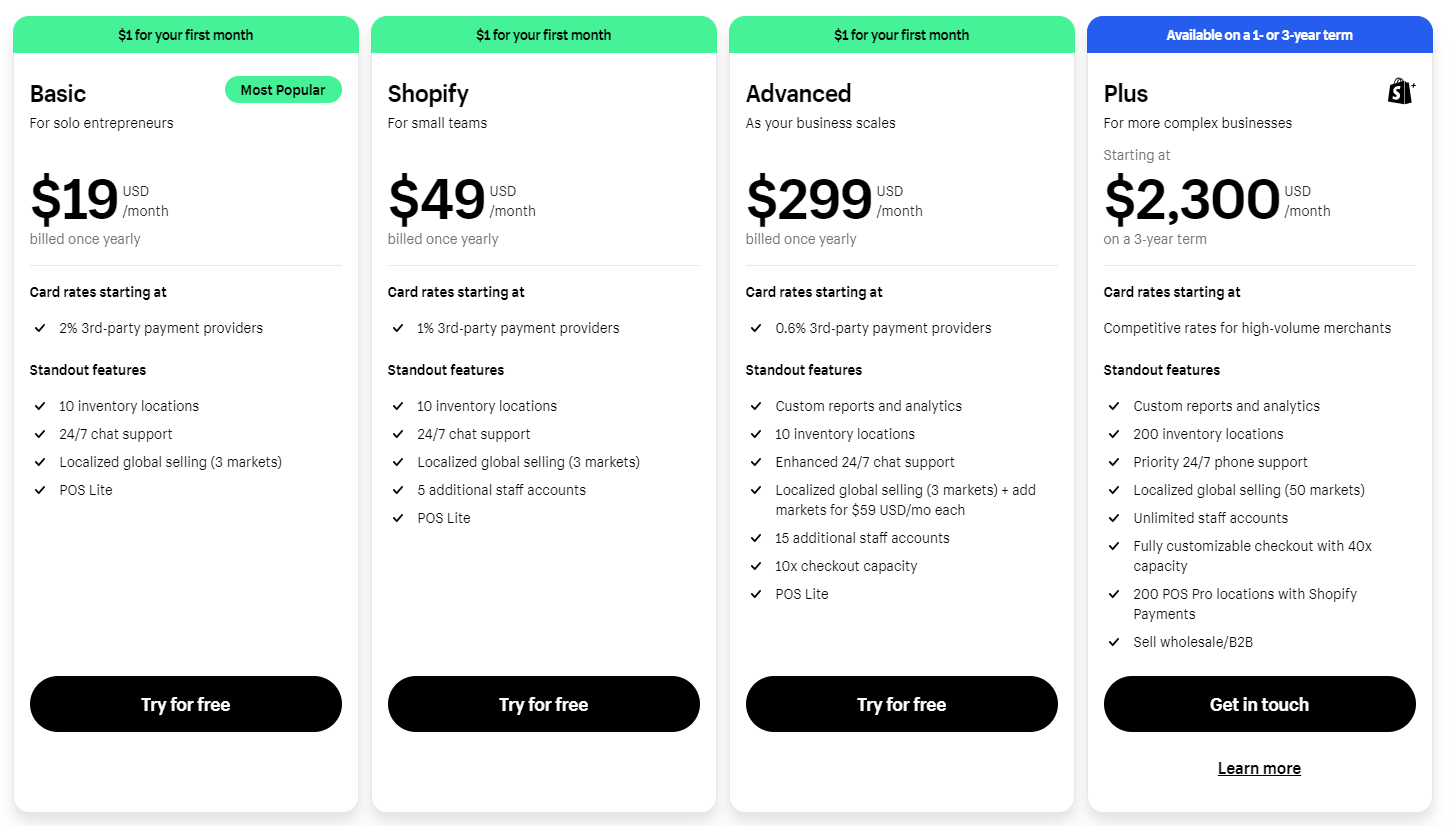
Running a successful Amazon FBA business requires much more than just listing products and shipping inventory to Amazon’s warehouses. As an FBA seller, one of the most important things you need to get right from the start is your bookkeeping.
Proper bookkeeping for your Amazon FBA business is essential for gaining true visibility into your business’s finances, remaining tax compliant, managing costs and inventory efficiently, spotting issues early, and making smart decisions.
Without accurate bookkeeping, it’s impossible to understand the true profitability of your FBA business. In this article, we’ll explain why diligent bookkeeping needs to be one of the cornerstones of your Amazon FBA business and how it can set you up for sustainable success.
What Does Bookkeeping for FBA Sellers Mean?
Proper bookkeeping starts with setting up a seller account on Amazon and understanding the account management features available to track your finances.
Now before getting into why it’s important, let’s take a brief look at what it involves:
1. Recording all income and expenses: This includes everything from Amazon fees to inventory costs, advertising spending, supplies, and other operational costs.
2. Tracking inventory levels and inventory value: You need visibility into how much inventory you have, how much it’s worth, and how it’s performing.
3. Reconciling your accounts regularly: This includes your bank accounts, credit accounts, and Amazon account.
4. Maintaining records to calculate taxes properly: This includes sales tax collection, income tax, and everything you’ll need come tax time.
Generating financial statements: Profit and loss statements, balance sheets, and cash flow statements to understand your business’s financial position.
5. Analyzing the data: Reviewing reports to uncover trends, issues, and opportunities for improvement.
While you can handle bookkeeping yourself, many FBA sellers find it worthwhile to outsource bookkeeping tasks to an accountant or bookkeeper. This ensures everything is handled accurately and efficiently by financial experts.
Reason #1: Financial Clarity and Control
One of the biggest benefits of diligent bookkeeping is gaining true clarity into your business’s financial performance. By recording all income and expenses down to the penny, you gain immense visibility into what’s actually going on under the hood.
Bookkeeping empowers you to answer critical financial questions like:
- What are my true overall profits? Am I actually losing money on any products?
- How much does it actually cost me to fulfill each order?
- How much are Amazon’s fees impacting my bottom line?
- Which marketing campaigns are generating the highest ROI?
- Which operational areas have too much waste or inefficiency?
With clear financial insights, you’re equipped to make smarter decisions about your FBA business, including pricing, inventory management, marketing and expense optimizations, etc.
Reason #2: Tax Compliance and Efficiency
Another reason diligent bookkeeping is non-negotiable for FBA sellers is that it is required by the IRS and state tax authorities. As a business, you are obligated to keep thorough, accurate financial records.
Proper bookkeeping helps you:
- Accurately prepare and file your taxes – With detailed records of your sales, expenses, deductions, inventory value, and other tax-related data, you can fill out your tax returns confidently and avoid problems.
- Engage in proper tax planning – By analyzing your bookkeeping records, you may identify tax deductions and credits you qualify for to minimize your tax burden.
- Understand your unique tax obligations – As an FBA seller, you need to be aware of tax regulations such as sales tax nexus rules, 1099-K reporting, and more. Bookkeeping helps you stay compliant.
If you are ever audited by the IRS or state tax authorities, detailed bookkeeping records become your proof to back up the figures on your tax filings.
Reason #3: Cost Management and Profit Optimization
Diligent bookkeeping also enables Amazon FBA sellers to truly understand, manage, and optimize their business costs and profit margins.
Key benefits include:
- Cost Identification – Bookkeeping allows you to categorize every expense, so you can see exactly where your money is going and where you can cut costs.
- Cost-Benefit Analysis – With reliable financial data, you can analyze the ROI of your various activities and campaigns to see where you should double down and where to cut back.
- Profit Margin Improvement – By tracking your true net profit on a per-product basis, you can find ways to improve profit margins through tweaks to pricing, promotions, sourcing, inventory levels, and cost control.
The bottom line is that good bookkeeping equips you with the data needed to manage costs wisely and maximize profits.
Reason #4: Inventory Management and Optimization
Diligent bookkeeping enables sellers to keep a close eye on their inventory to optimize turnover, and storage fees, and avoid costly problems like stockouts.
Specifically, good records help you:
- Accurately Calculate COGS – Your Cost of Goods Sold (what you paid for inventory sold) is crucial for determining true profitability.
- Monitor Inventory Turnover – Calculate turnover rates by SKU to identify slow-moving stock tying up your capital.
- Forecast Demand – Use past sales velocities to forecast future demand and optimize inbound inventory to align with projected sales.
- Minimize Storage Fees – Reduce unnecessary storage fees by identifying overstock items that can be sold off or not replenished.
Careful attention to inventory through bookkeeping is key to maximizing sales and optimizing capital efficiency.
Reason #5: Supporting Business Growth
For FBA sellers looking to aggressively grow their business, proper bookkeeping forms the foundation needed to both achieve and manage rapid expansion.
Here’s how it helps:
- Demonstrating Financials to Investors – Reliable bookkeeping records are crucial for demonstrating the past and future profit potential of your business to investors.
- Qualifying for Financing – Similarly, bookkeeping records allow you to qualify for small business loans and lines of credit that can fund growth activities.
- Planning Expansion Strategies – Using past financial data, you can forecast cash flows, costs, and financing needs for expanding into new products, and markets.
- Monitoring Business Performance at Scale – As your business grows, diligent bookkeeping becomes even more critical for maintaining visibility and control.
For FBA sellers with major growth ambitions, priorities bookkeeping from day one. The data you accumulate will prove invaluable.
Reason #6: Managing Cash Flow and Financial Stability
All businesses, especially high-growth e-commerce businesses, need to carefully manage their cash flow to ensure they have funds to cover operations, inventory, payroll, taxes, and other obligations.
Bookkeeping helps Amazon FBA sellers predict, manage, and safeguard their cash flow in key ways:
- Cash Flow Forecasting – Using past financial data, FBA sellers can forecast future cash inflows and outflows to predict potential cash shortfalls.
- Identifying Gaps – Detailed records allow you to proactively identify upcoming periods where expenses may exceed income, so you can make adjustments.
- Maintaining Stability – With good visibility into your cash position, you can make decisions to ensure your working capital needs are funded through the peaks and valleys of business.
Cash flow headaches can cripple e-commerce businesses. Consistent bookkeeping protects against nasty surprises so you can confidently manage finances.
Common Bookkeeping Mistakes that You Should Avoid
While the importance of proper bookkeeping is clear, many new FBA sellers unfortunately make avoidable bookkeeping mistakes. Watch out for these common pitfalls:
1. Neglecting Record-Keeping – Failing to regularly and accurately record financial transactions makes everything else impossible. Don’t skip this crucial first step.
2. Mixing Personal and Business Finances – Co-mingling personal and business transactions in the same bank accounts is a recipe for major headaches come tax time. Separate completely.
3. Inaccurate Expense Tracking – Make sure all expenses are correctly categorized, described, and attributed to the right time period. Sloppy expense tracking undermines the integrity of your records.
4. Ignoring Tax Obligations – Don’t neglect sales tax collection, income tax withholdings, 1099 reporting rules, and other legal tax requirements. This can trigger penalties and back taxes. Set your FBA business up for success by avoiding these common bookkeeping pitfalls from day one. The last thing you want is to tangle with the IRS because your records are out of order.
Other Frequent Queries
What books and records should I keep for my FBA business?
At minimum, you need to keep an income statement, balance sheet, cash flow statement, bank statements, receipts for expenses, invoices, inventory records, sales tax records, and any other supporting documents. Organize and back up these records digitally.
When should I reconcile my FBA business accounts?
It’s good practice to reconcile your bank accounts, credit accounts, and Seller Central account at least monthly. Reconciling involves matching transactions between your records and account statements to identify any discrepancies.
Do I need to register my FBA business with tax authorities?
Yes, you should register for an EIN from the IRS and business licenses in states where you have a sales tax nexus. You may also need to register for state sales tax collection, unemployment insurance, and other requirements depending on your business structure and location.
How can I better track and manage FBA inventory costs?
Use inventory management software or templates to track inventory purchases, inventory value, storage fees, and inventory turnover. Perform periodic counts to ensure your records match actual stock levels. Apply accounting principles like FIFO or average costing.
What are some early indicators my bookkeeping needs improvement?
If you struggle to answer basic financial questions about your business, can’t produce reports quickly, constantly discover errors, or depend on your accountant to fix things – those are signs you need to overhaul your bookkeeping system.
What Is EcomBalance?

EcomBalance is a monthly bookkeeping service specialized for eCommerce companies selling on Amazon, Shopify, Ebay, Etsy, WooCommerce, & other eCommerce channels.
We take monthly bookkeeping off your plate and deliver you your financial statements by the 15th or 20th of each month.
You’ll have your Profit and Loss Statement, Balance Sheet, and Cash Flow Statement ready for analysis each month so you and your business partners can make better business decisions.
Interested in learning more? Schedule a call with our CEO, Nathan Hirsch.
And here’s some free resources:
- Monthly Finance Meeting Agenda
- 9 Steps to Master Your Ecommerce Bookkeeping Checklist
- The Ultimate Guide on Finding an Ecommerce Virtual Bookkeeping Service
- What Is a Profit and Loss Statement?
- How to Read & Interpret a Cash Flow Statement
- How to Read a Balance Sheet & Truly Understand It
Conclusion
There is no shortcut or workaround when it comes to bookkeeping for your Amazon FBA business. Proper financial tracking and record-keeping from day one is absolutely critical for your success and sustainability.
By implementing solid bookkeeping practices, you gain crucial visibility into your true profitability, cash flow, taxes, inventory, and other facets of your business. This understanding empowers smarter data-driven decisions that will benefit your bottom line. Just as importantly, meticulous records keep you legally compliant and ready for any potential audits.









